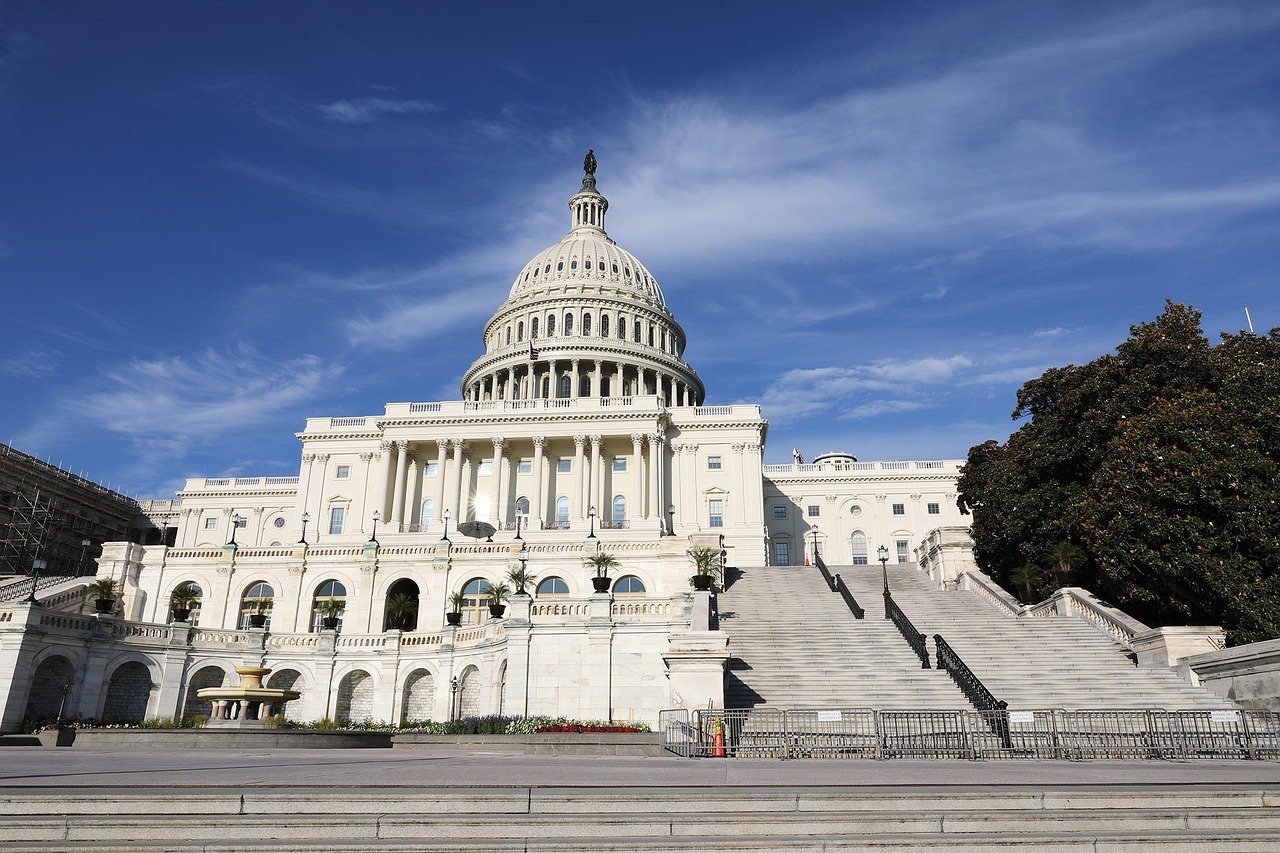Socure, a provider of artificial intelligence for digital identity verification, sanction screening, and fraud prevention, today unveiled research revealing that one in eight Americans (13%) committed first-party fraud over the 2024 holiday shopping season. First-party fraud, sometimes referred to as “friendly fraud,” occurs when consumers exploit return and refund policies for financial gain.
These practices, such as disputing legitimate credit or debit card transactions, falsely claiming that a delivery has been lost or stolen to receive a refund, or making purchases with a credit card or Buy Now Pay Later (BNPL) lender with no intention of paying it back, costs businesses more than $100 billion annually, according to Socure. This includes $89 billion from chargebacks, promotional abuse and return fraud, and $18 billion in credit card fraud losses.
Holiday Pressure
Heightened consumer spending, gift-giving, lenient return policies, and the rising cost of goods created a perfect storm this past November and December, as more than a quarter of Americans (27%) say that they were more likely to commit first-party fraud when purchasing holiday gifts. Nearly all offenders (90%) cited financial struggles as their motivation, including factors such as inflation and high credit card interest rates.
- Younger shoppers were the top offenders as 40% of Gen Z admitted to committing first-party fraud over the 2024 holidays – particularly worrisome as these consumers are highly coveted by financial institutions and retailers thanks to their growing spending power and influential online presence.
- Wealthier consumers were clearly comfortable with committing fraud. Those with household incomes of more than $100,000 were twice as likely to engage in first-party fraud compared to those with lower incomes (25% vs 11%).
- Fraudulent “porch pirate” claims, when a consumer falsely reports that a delivered package left outside was stolen, were three times more likely to occur over the holidays compared to any other time of year.
- Nearly half of those Americans who committed first-party fraud (49%) over the holidays did so because they had gotten away with it in 2023, indicating that the cycle is highly likely to continue without a deterrent.
“The holiday shopping surge is one of the busiest times of year for financial institutions and retailers. Despite increased consumer spending, rampant first-party fraud is doing tremendous damage to their bottom lines – and ultimately the U.S. economy,” said Ori Snir, head of Product Management, Fraud and Identity Solutions at Socure. “Far too many shoppers are exploiting the system without consequences. Without action, this will only continue to get worse while destroying trust, damaging customer relationships, and putting unnecessary strain on business operations.”
Year-Round First-Party Fraud Persists
According to the data, this consumer behavior is not contained to a single season and has proven to be a pervasive, ongoing problem. Overall, a third of all Americans (34%) admit to committing first-party fraud, with over half (59%) of this activity occurring in the last year. Much like during the holidays, 60% of all offenders point to economic hardships as their primary reason.
- Buyer’s remorse has become a significant driver. A large majority (82%) of Americans report experiencing purchase regret, and nearly half of these shoppers (43%) take action in the form of first-party fraud.
- There is a concerning willingness to engage in high-value fraud, as one in six (17%) offenses are related to transactions exceeding $500, and over half (59%) are over $100.
- The most prevalent types of first-party fraud in the U.S. were disputing legitimate financial transactions (12%), choosing not to pay off credit card bills (11%), claiming that an online purchase was lost even though it was received (11%), and falsely claiming that a delivered package was stolen or damaged (11%).
Thanks for reading CPA Practice Advisor!
Subscribe Already registered? Log In
Need more information? Read the FAQs
Tags: Risk Management, Small Business




